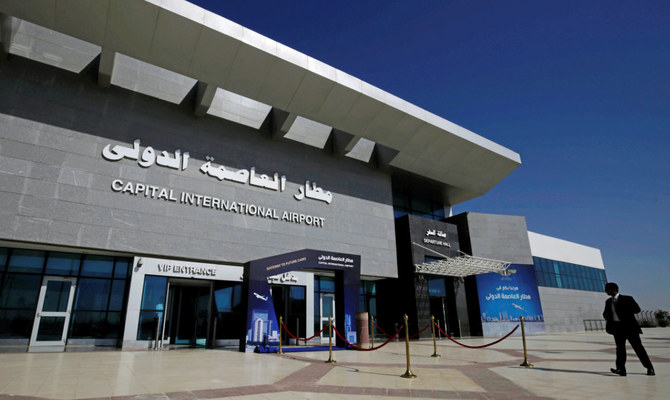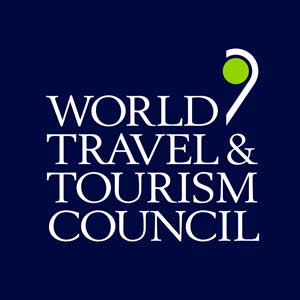Egypt has initiated the executive process to privatise the management and operation of its airports, as announced in a Cabinet statement on Monday. The move is part of a broader strategy to transition the oversight of critical logistics and transportation entities to the private sector, with the aviation industry leading the way.
Civil Aviation Minister Mohamed Abbas Helmy stated that Egypt is preparing to launch an international tender for the operation of its airports, including the major hub, Cairo International Airport. This initiative aligns with Prime Minister Mostafa Madbouly’s declaration in November 2023, outlining plans to extend private sector management to seaports, dry ports, and airports.
Madbouly emphasised a commitment to building partnerships with private entities for the stewardship and operational aspects of mass transit systems. The Egyptian Transport Ministry, in collaboration with global corporations, has formulated an integrated strategy to localise the industry.
Support for Egypt’s private sector and small and medium enterprises (SMEs) received a significant boost in July 2023, with the European Bank for Reconstruction and Development (EBRD) providing USD 533.7 million. This funding aligns with Egypt’s broader privatisation and restructuring measures for the public sector.
As part of the Egypt 2022-2027 strategy launched by Minister of International Cooperation Rania Al-Mashat in March 2022, the EBRD approved USD 400 million in development financing for the National Bank of Egypt. This support is specifically aimed at bolstering SMEs, with a focus on regional companies led or owned by young entrepreneurs. An additional USD 100 million was allocated to Banque Misr to enhance financing for SMEs, promoting inclusive and sustainable growth, particularly in areas with limited access to financial services.
The EBRD also granted funding of EUR 30.2 million (USD 33.7 million) for the Mediterrania Capital IV Fund, further contributing to Egypt’s efforts to strengthen its private sector and encourage economic growth.



